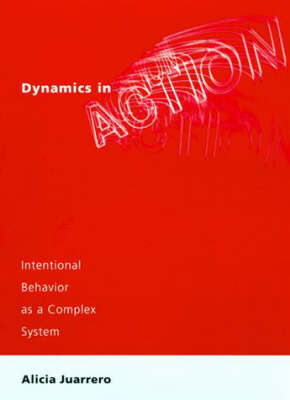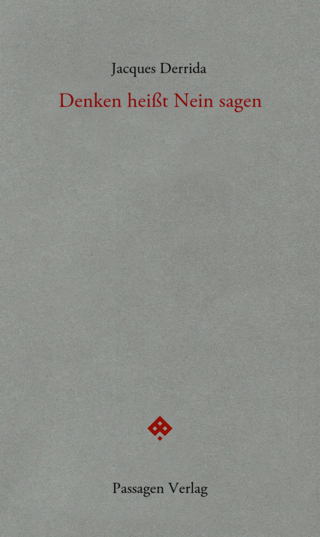
Dynamics in Action
Intentional Behavior as a Complex System
Seiten
1999
MIT Press (Verlag)
978-0-262-10081-6 (ISBN)
MIT Press (Verlag)
978-0-262-10081-6 (ISBN)
- Titel ist leider vergriffen;
keine Neuauflage - Artikel merken
This text argues that a mistaken, 350-year-old model of cause and explanation - one that takes all cause to be of the push-pull, efficient cause sort, and explanation to be prooflike - underlies theories of action. It proposes a framework for conceptualizing cause based on complex adaptive systems.
What is the difference between a wink and a blink? The answer is important not only to philosophers of mind, for significant moral and legal consequences rest on the distinction between voluntary and involuntary behaviour. However, "action theory" -the branch of philosophy that has traditionally articulated the boundaries between action and non-action, and between voluntary and involuntary behaviour - has been unable to account for the difference. Alicia Juarrero argues that a mistaken, 350-year-old model of cause and explanation - one that takes all causes to be of the push-pull, efficient cause sort, and all explanation to be prooflike - underlies contemporary theories of action. Juarrero then proposes a new framework for conceptualizing causes based on complex adaptive systems. Thinking of causes as dynamical constraints makes bottom-up and top-down causal relations, including those involving intentional causes, suddenly tractable. A different logic for explaining actions - as historical narrative, not inference - follows if one adopts this novel approach to long-standing questions of action and responsibility.
What is the difference between a wink and a blink? The answer is important not only to philosophers of mind, for significant moral and legal consequences rest on the distinction between voluntary and involuntary behaviour. However, "action theory" -the branch of philosophy that has traditionally articulated the boundaries between action and non-action, and between voluntary and involuntary behaviour - has been unable to account for the difference. Alicia Juarrero argues that a mistaken, 350-year-old model of cause and explanation - one that takes all causes to be of the push-pull, efficient cause sort, and all explanation to be prooflike - underlies contemporary theories of action. Juarrero then proposes a new framework for conceptualizing causes based on complex adaptive systems. Thinking of causes as dynamical constraints makes bottom-up and top-down causal relations, including those involving intentional causes, suddenly tractable. A different logic for explaining actions - as historical narrative, not inference - follows if one adopts this novel approach to long-standing questions of action and responsibility.
| Erscheint lt. Verlag | 5.1.2000 |
|---|---|
| Reihe/Serie | Bradford Books |
| Zusatzinfo | 7 |
| Verlagsort | Cambridge, Mass. |
| Sprache | englisch |
| Maße | 152 x 229 mm |
| Gewicht | 590 g |
| Themenwelt | Geisteswissenschaften ► Philosophie ► Erkenntnistheorie / Wissenschaftstheorie |
| Geisteswissenschaften ► Philosophie ► Logik | |
| Geisteswissenschaften ► Psychologie ► Verhaltenstherapie | |
| ISBN-10 | 0-262-10081-9 / 0262100819 |
| ISBN-13 | 978-0-262-10081-6 / 9780262100816 |
| Zustand | Neuware |
| Informationen gemäß Produktsicherheitsverordnung (GPSR) | |
| Haben Sie eine Frage zum Produkt? |
Mehr entdecken
aus dem Bereich
aus dem Bereich
die Grundlegung der modernen Philosophie
Buch | Softcover (2023)
C.H.Beck (Verlag)
18,00 €
Buch | Softcover (2023)
Reclam, Philipp (Verlag)
7,00 €

![Was heißt Denken?. Vorlesung Wintersemester 1951/52. [Was bedeutet das alles?] - Martin Heidegger](/media/113619842)
